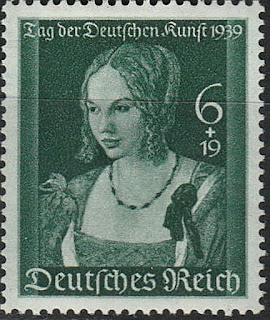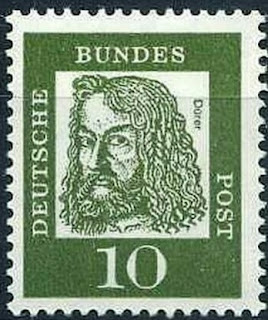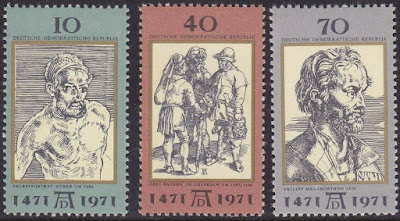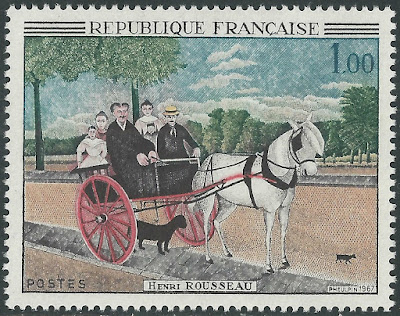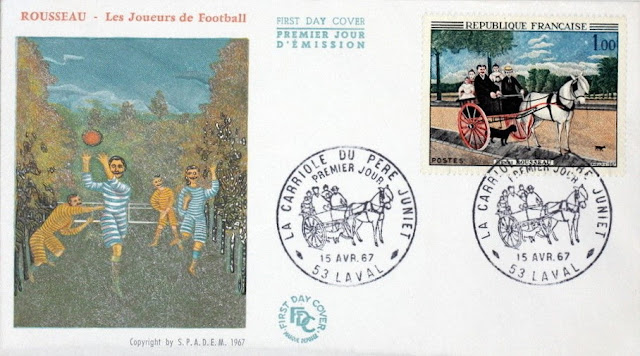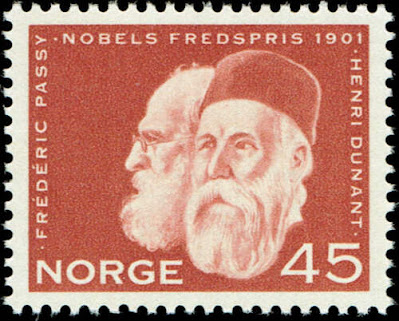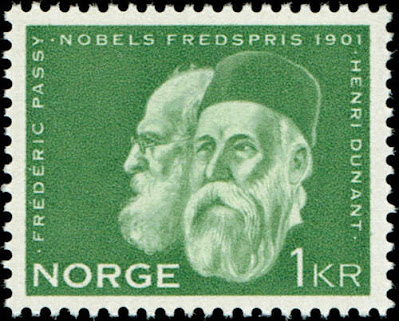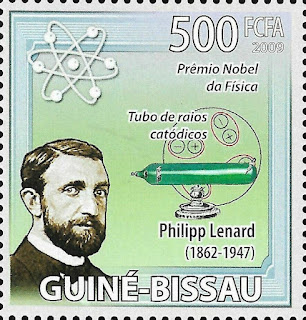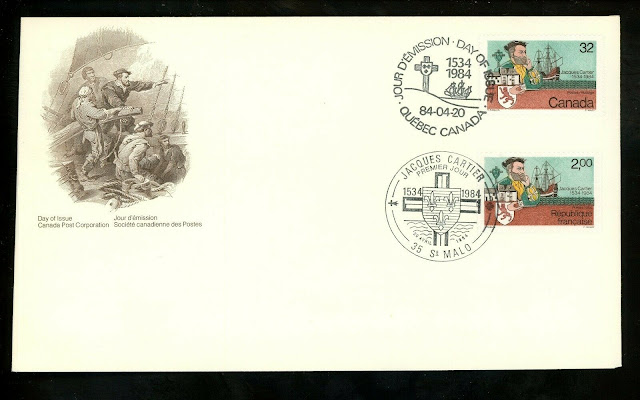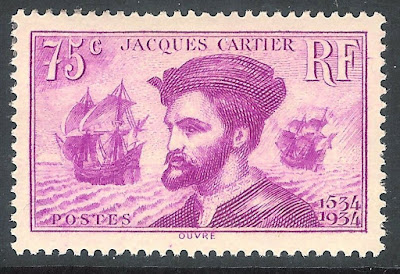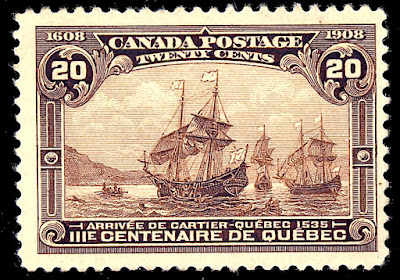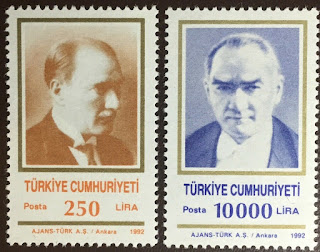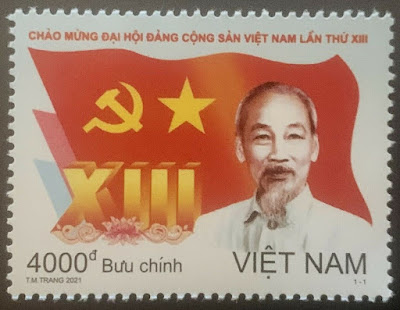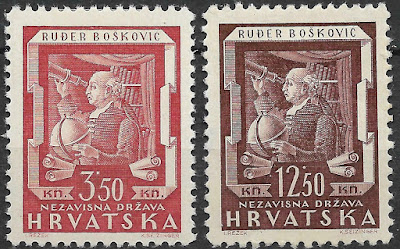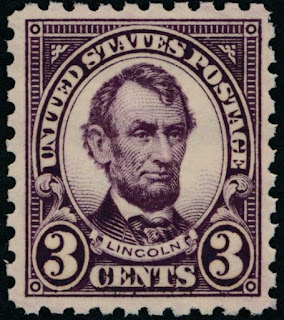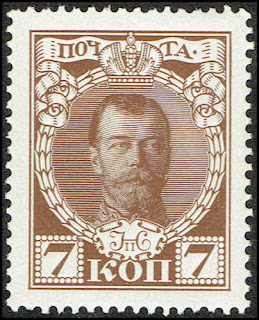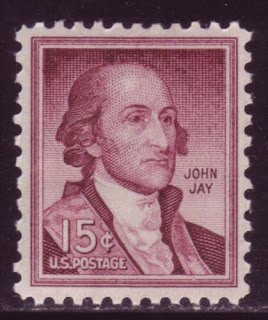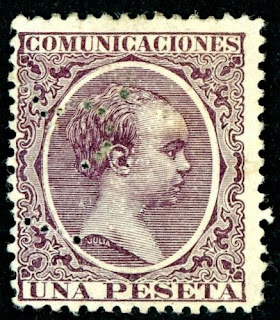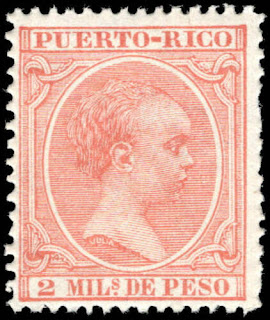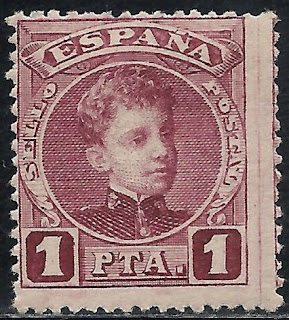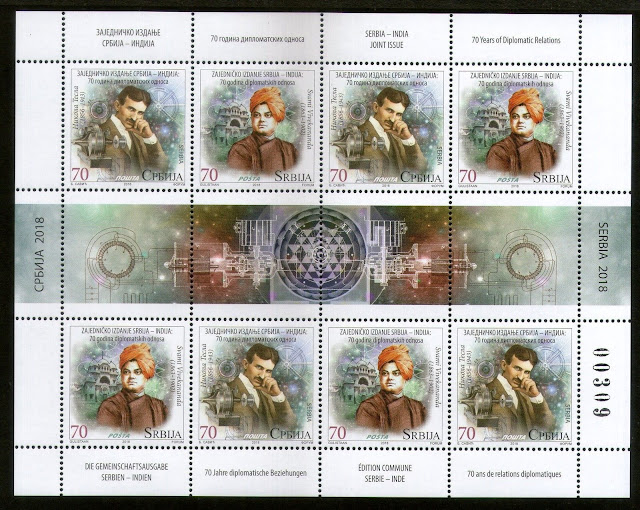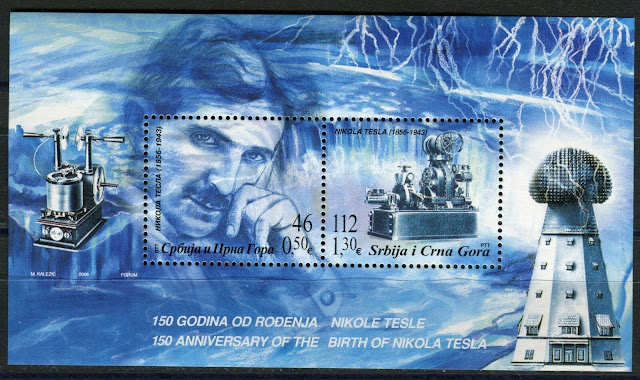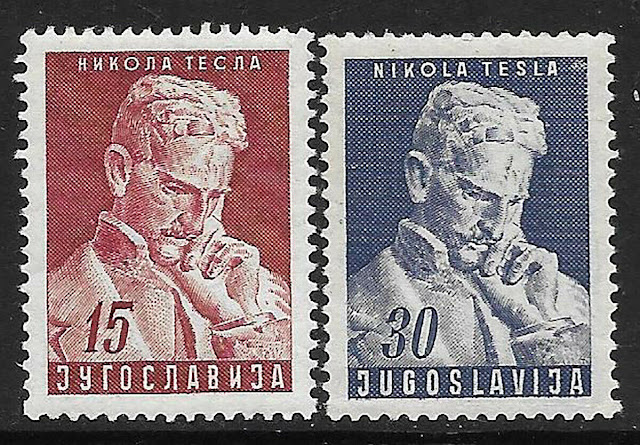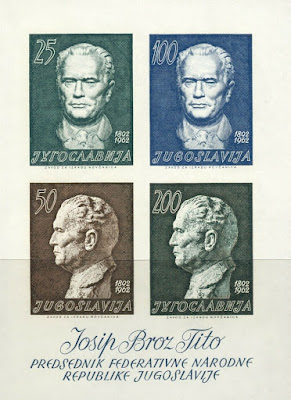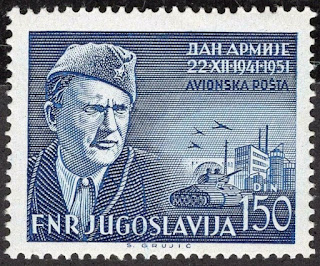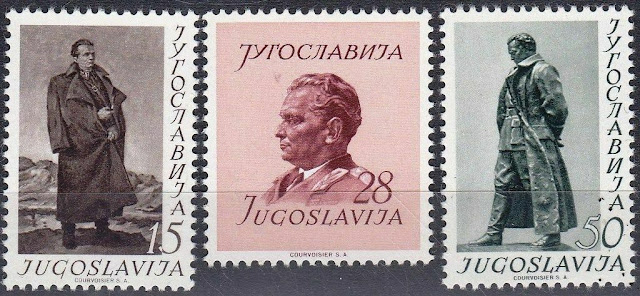Here are some events that happened on May 20th. It could be an event or a person that died or was born on that day
1822 Born: Frédéric Passy, French economist and academic, Nobel Prize laureate (d. 1912)
Frédéric Passy (20 May 1822 – 12 June 1912) was a French economist and pacifist who was a founding member of several peace societies and the Inter-Parliamentary Union. He was also an author and politician, sitting in the Chamber of Deputies from 1881 until 1889. He was a joint winner of the Nobel Peace Prize in 1901 for his work in the European peace movement.
Born in Paris to a prominent Catholic and Orléanist family, Passy was surrounded by military veterans and politicians. After training in law, he worked as an accountant and served in the National Guard. He soon left this position and began travelling around France giving lectures on economics. Following years of violent conflicts across Europe, Passy joined the peace movement in the 1850s, working with several notable activists and writers to develop journals, articles, and educational curricula.
While sitting in the Chamber of Deputies, Passy developed the Inter-parliamentary Conference (later the Inter-Parliamentary Union) with British MP William Randal Cremer. Alongside this, he founded several peace societies: the Ligue Internationale et Permanente de la Paix, the Société Française des Amis de la Paix, and the Société Française pour l'Arbitrage entre Nations. Passy's work in the peace movement continued into his later years, and in 1901, he was awarded the Nobel Peace Prize alongside Red Cross founder, Henry Dunant.
Passy died in 1912 after a long period of illness and incapacitation. Despite his economic works gaining little traction, his efforts in the peace movement resulted in him being recognised as the "dean of European peace activists".:34 His son, Paul Passy, published a memoir of his life in 1927, and his works are still being republished and translated into English in the 21st Century.
Stamps from Norway depicting Frederic Passy and Henri Dunant
1901 Born: Max Euwe, Dutch chess player, mathematician, and author (d. 1981)
Machgielis "Max" Euwe (May 20, 1901 – November 26, 1981) was a Dutch chess player, mathematician, author, and chess administrator. He was the fifth player to become World Chess Champion, a title he held from 1935 until 1937. Euwe served as President of FIDE, the World Chess Federation, from 1970 to 1978.
In 1933, Max Euwe challenged Alekhine to a championship match. Alekhine accepted the challenge for October 1935. Earlier that year, Dutch radio sports journalist Han Hollander asked Capablanca for his views on the forthcoming match. In the rare archival film footage where Capablanca and Euwe both speak, Capablanca replies: "Dr. Alekhine's game is 20% bluff. Dr. Euwe's game is clear and straightforward. Dr. Euwe's game—not so strong as Alekhine's in some respects—is more evenly balanced." Then Euwe gives his assessment in Dutch, explaining that his feelings alternated from optimism to pessimism, but in the previous ten years, their score had been evenly matched at 7–7.
On December 15, 1935, after 30 games played in 13 different cities around the Netherlands over a period of 80 days, Euwe defeated Alekhine by 15½–14½, becoming the fifth World Chess Champion. Alekhine quickly went three games ahead, but from game 13 onwards Euwe won twice as many games as Alekhine. His title gave a huge boost to chess in the Netherlands. This was also the first world championship match in which the players had seconds to help them with analysis during adjournments.
Euwe's win was regarded as a major upset – he reportedly had believed that beating Alekhine was unlikely – and is sometimes attributed to Alekhine's alcoholism. But Salo Flohr, who was helping Euwe during the match, thought over-confidence was more of a problem than alcohol for Alekhine in this match, and Alekhine himself said he would win easily. Former World Champions Vasily Smyslov, Boris Spassky, Anatoly Karpov, and Garry Kasparov analysed the match and concluded that Euwe deserved to win and that the standard of play was worthy of a world championship. Former World Champion Vladimir Kramnik has said that Euwe won the 1935 match on merit and that the result was not affected by Alekhine's drinking before or during the match.
Euwe's performance in the great tournament of Nottingham 1936 (equal third, half a point behind Botvinnik and Capablanca, half a point ahead of Alekhine) indicated he was a worthy champion, even if he was not as dominant as the earlier champions. Reuben Fine wrote, "In the two years before the return match, Euwe's strength increased. Although he never enjoyed the supremacy over his rivals that his predecessors had, he had no superiors in this period."
Euwe lost the title to Alekhine in a rematch in 1937, also played in the Netherlands, by the lopsided margin of 15½–9½. Alekhine had given up alcohol and tobacco to prepare for the rematch, although he would start drinking again later. Alekhine got back to the sort of form he had shown from 1927–34, when he dominated chess. The match was a real contest initially, but Euwe's play collapsed near the end, and he lost four of the last five games. Fine, who was Euwe's second in this match, attributed the collapse to nervous tension, possibly aggravated by Euwe's attempts to maintain a calm appearance.
The two world title matches against Alekhine represent the heart of Euwe's career. Altogether, the two played 86 competitive games, and Alekhine had a +28−20=38 lead, according to chessgames.com. Many of Alekhine's wins came early in their series; he was nine years older, and had more experience during that time. The rematch was also one-sided in Alekhine's favour.
Dutch stamps commemorating Max Euwe
1908 Born: James Stewart, American actor (d. 1997)
James Maitland "Jimmy" Stewart (May 20, 1908 – July 2, 1997) was an American actor. Known for his distinctive drawl and everyman screen persona, Stewart's film career spanned 80 films from 1935 to 1991. With the strong morality he portrayed both on and off the screen, he epitomized the "American ideal" in the twentieth century. In 1999, the American Film Institute (AFI) ranked him third on its list of the greatest American male actors.
Born and raised in Indiana, Pennsylvania, Stewart started acting while studying at Princeton University. After graduating in 1932, he began a career as a stage actor, appearing on Broadway and in summer stock productions. In 1935, he landed his first of several supporting roles in movies and in 1938 he had his big breakthrough in Frank Capra's ensemble comedy You Can't Take It with You. The following year, Stewart garnered his first of five Academy Award nominations for his portrayal of an idealized and virtuous man who becomes a senator in Capra's Mr. Smith Goes to Washington (1939). He won his only Academy Award for Best Actor for his work in the comedy The Philadelphia Story (1940), which also starred Katharine Hepburn and Cary Grant.
A licensed amateur pilot, Stewart enlisted as a private in the Army Air Corps soon after the United States entered the Second World War in 1941. After fighting in the European theater, he attained the rank of colonel and had received several awards for his service. He remained in the U.S. Air Force Reserve and was promoted to brigadier general in 1959. He retired in 1968 and was awarded the United States Air Force Distinguished Service Medal. President Ronald Reagan would later promote Stewart to the rank of major general in the Air Force retired list, in 1985.
Stewart's first postwar role was as George Bailey in Capra's It's a Wonderful Life (1946). Although it earned him an Oscar nomination, the film was not a big success at first. It has increased in popularity since its release, and is considered a Christmas classic and one of Stewart's most famous performances. In the 1950s, Stewart played darker, more morally ambiguous characters in movies directed by Anthony Mann, including Winchester '73 (1950), The Glenn Miller Story (1954) and The Naked Spur (1953), and by Alfred Hitchcock in Rope (1948), Rear Window (1954), The Man Who Knew Too Much (1956), and Vertigo (1958). Vertigo was ignored by critics upon release, but is now recognized as an American cinematic masterpiece. His other films in the 1950s included the Broadway adaptation Harvey (1950) and the courtroom drama Anatomy of a Murder (1959), both of which landed him Academy Award nominations. He was one of the most popular film stars of the decade, with most of his films becoming box office successes.
Stewart's later Westerns included The Man Who Shot Liberty Valance (1962) and Cheyenne Autumn (1964), both directed by John Ford. He appeared in many popular family comedies during the 1960s. After a brief venture into television acting, Stewart semi-retired by the 1980s. He received many honorary awards, including an Academy Honorary Award and the Presidential Medal of Freedom, both in 1985.
Stewart remained unmarried until his 40s and was dubbed "The Great American Bachelor" by the press. In 1949, he married former model Gloria Hatrick McLean. They had twin daughters, and he adopted her two sons from her previous marriage. The marriage lasted until McLean's death in 1994; Stewart died of a pulmonary embolism three years later.
US stamps depicting James Stewart
1947 Died: Philipp Lenard, Slovak-German physicist and academic, Nobel Prize laureate (b. 1862)
Philipp Eduard Anton von Lenard (7 June 1862– 20 May 1947) was a Hungarian-born German physicist and the winner of the Nobel Prize for Physics in 1905 for his work on cathode rays and the discovery of many of their properties. One of his most important contributions was the experimental realization of the photoelectric effect. He discovered that the energy (speed) of the electrons ejected from a cathode depends only on the wavelength, and not the intensity, of the incident light.
Lenard was a nationalist and anti-Semite; as an active proponent of the Nazi ideology, he supported Adolf Hitler in the 1920s and was an important role model for the "Deutsche Physik" movement during the Nazi period. Notably, he labeled Albert Einstein's contributions to science as "Jewish physics".
As a physicist, Lenard's major contributions were in the study of cathode rays, which he began in 1888. Prior to his work, cathode rays were produced in primitive, partially evacuated glass tubes that had metallic electrodes in them, across which a high voltage could be placed. Cathode rays were difficult to study using this arrangement, because they were inside sealed glass tubes, difficult to access, and because the rays were in the presence of air molecules. Lenard overcame these problems by devising a method of making small metallic windows in the glass that were thick enough to be able to withstand the pressure differences, but thin enough to allow passage of the rays. Having made a window for the rays, he could pass them out into the laboratory, or, alternatively, into another chamber that was completely evacuated. These windows have come to be known as Lenard windows. He was able to conveniently detect the rays and measure their intensity by means of paper sheets coated with phosphorescent materials.
Lenard observed that the absorption of cathode rays was, to first order, proportional to the density of the material they were made to pass through. This appeared to contradict the idea that they were some sort of electromagnetic radiation. He also showed that the rays could pass through some inches of air of a normal density, and appeared to be scattered by it, implying that they must be particles that were even smaller than the molecules in air. He confirmed some of J. J. Thomson's work, which eventually arrived at the understanding that cathode rays were streams of negatively charged energetic particles. He called them quanta of electricity or for short quanta, after Helmholtz, while Thomson proposed the name corpuscles, but eventually electrons became the everyday term. In conjunction with his and other earlier experiments on the absorption of the rays in metals, the general realization that electrons were constituent parts of the atom enabled Lenard to claim correctly that for the most part atoms consist of empty space. He proposed that every atom consists of empty space and electrically neutral corpuscules called "dynamids", each consisting of an electron and an equal positive charge.
As a result of his Crookes tube investigations, he showed that the rays produced by irradiating metals in a vacuum with ultraviolet light were similar in many respects to cathode rays. His most important observations were that the energy of the rays was independent of the light intensity, but was greater for shorter wavelengths of light.
These latter observations were explained by Albert Einstein as a quantum effect. This theory predicted that the plot of the cathode ray energy versus the frequency would be a straight line with a slope equal to Planck's constant, h. This was shown to be the case some years later. The photo-electric quantum theory was the work cited when Einstein was awarded the Nobel Prize in Physics in 1921. Suspicious of the general adulation of Einstein, Lenard became a prominent skeptic of relativity and of Einstein's theories generally; he did not, however, dispute Einstein's explanation of the photoelectric effect. Lenard grew extremely resentful of the credit accorded to Wilhelm Röntgen, who received the first Nobel Prize in physics in 1901, for the discovery of the X-ray, despite the fact that Röntgen was German and a non-Jew. Lenard wrote that he, not Roentgen, was the “mother of the X-rays,” since he had invented the apparatus used to produce them. Lenard likened Röntgen’s role to that of a “midwife” who merely assists with the birth.
Lenard received the 1905 Nobel Prize for Physics in recognition of this work.
Stamp issued by Guinea Bissau depicting Philipp Lenard
